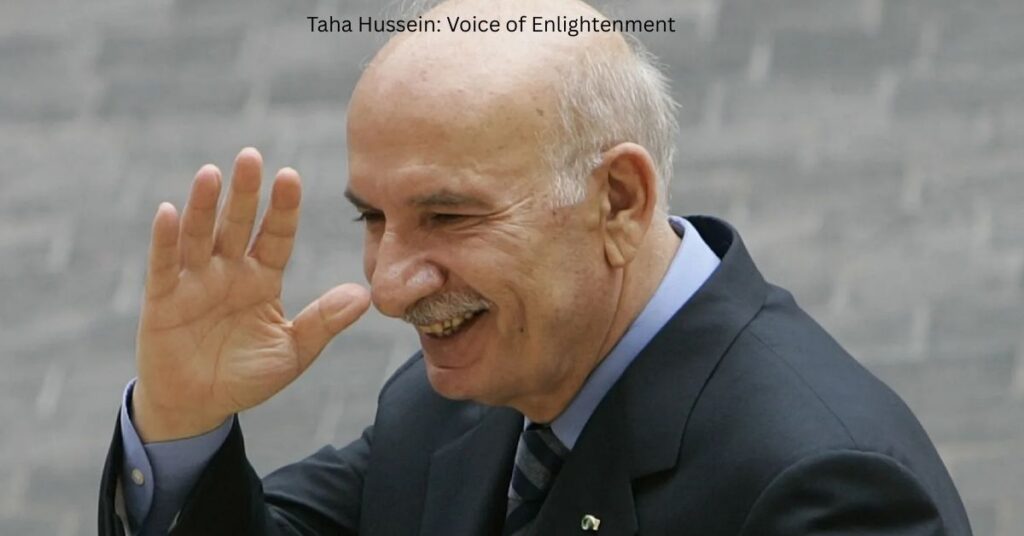Taha Hussein, often referred to as the “Dean of Arabic Literature,” was one of the most influential intellectuals of the modern Arab world. A prolific writer, critic, and social reformer, Hussein played a pivotal role in shaping modern Arabic thought and literature. Despite being blind from a young age, he rose above adversity to become a symbol of enlightenment, rationalism, and progress in 20th-century Egypt.
Early Life and Struggles
Born in 1889 in a small village in Upper Egypt, Taha Hussein lost his eyesight at the age of three due to improper medical treatment. His disability, however, never deterred his determination to pursue education. At a time when access to knowledge for people with disabilities was limited, Hussein memorized the Qur’an as a child and later enrolled at Al-Azhar University.
His experiences at Al-Azhar shaped his critical outlook. He questioned traditional teaching methods, which emphasized rote learning over critical thinking. This dissatisfaction pushed him to seek broader horizons at Cairo University, where he encountered new philosophies and modern approaches to knowledge.
Academic Journey and Education Abroad
In 1914, Hussein traveled to France to continue his studies at the University of Montpellier and later at the Sorbonne in Paris. There, he immersed himself in Western literature, philosophy, and history. His exposure to European intellectual traditions significantly influenced his thinking and writing.
While in France, Hussein also met his wife, Suzanne Bresseau, who became his lifelong companion and supporter. She played a crucial role in assisting him with his academic work, reading to him and helping him continue his pursuit of knowledge despite his blindness.
Contributions to Literature and Thought
Taha Hussein’s works are characterized by clarity, boldness, and a commitment to intellectual freedom. Among his most famous works is Al-Ayyam (The Days), his autobiography, which provides a vivid account of his personal struggles, educational journey, and his vision for a more enlightened society.
He also wrote extensively on pre-Islamic poetry, history, and literary criticism, challenging established norms and encouraging readers to adopt a rational and evidence-based approach to literature and history. His ideas often sparked controversy, as he questioned deeply rooted traditions and advocated for reform in education and culture.
Advocate of Enlightenment and Social Reform
Hussein believed that true progress in Egypt and the Arab world could only be achieved through education and critical thinking. As a staunch supporter of free education, he served as Egypt’s Minister of Education in the mid-20th century. During his tenure, he worked tirelessly to expand access to education, declaring it a right for every Egyptian, regardless





